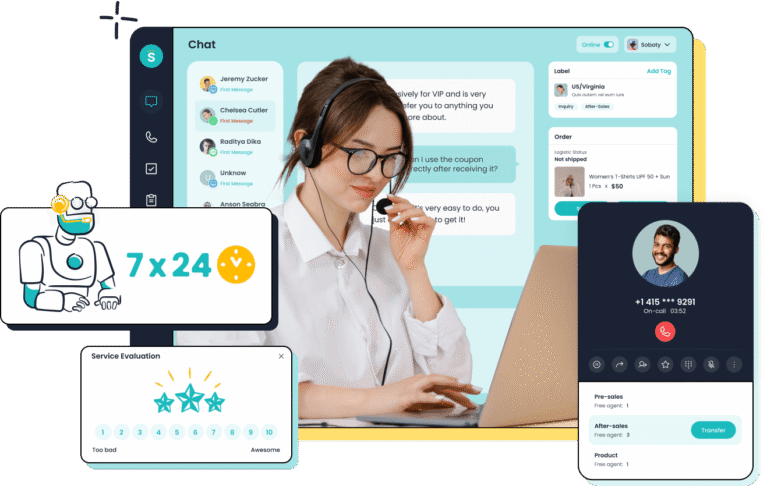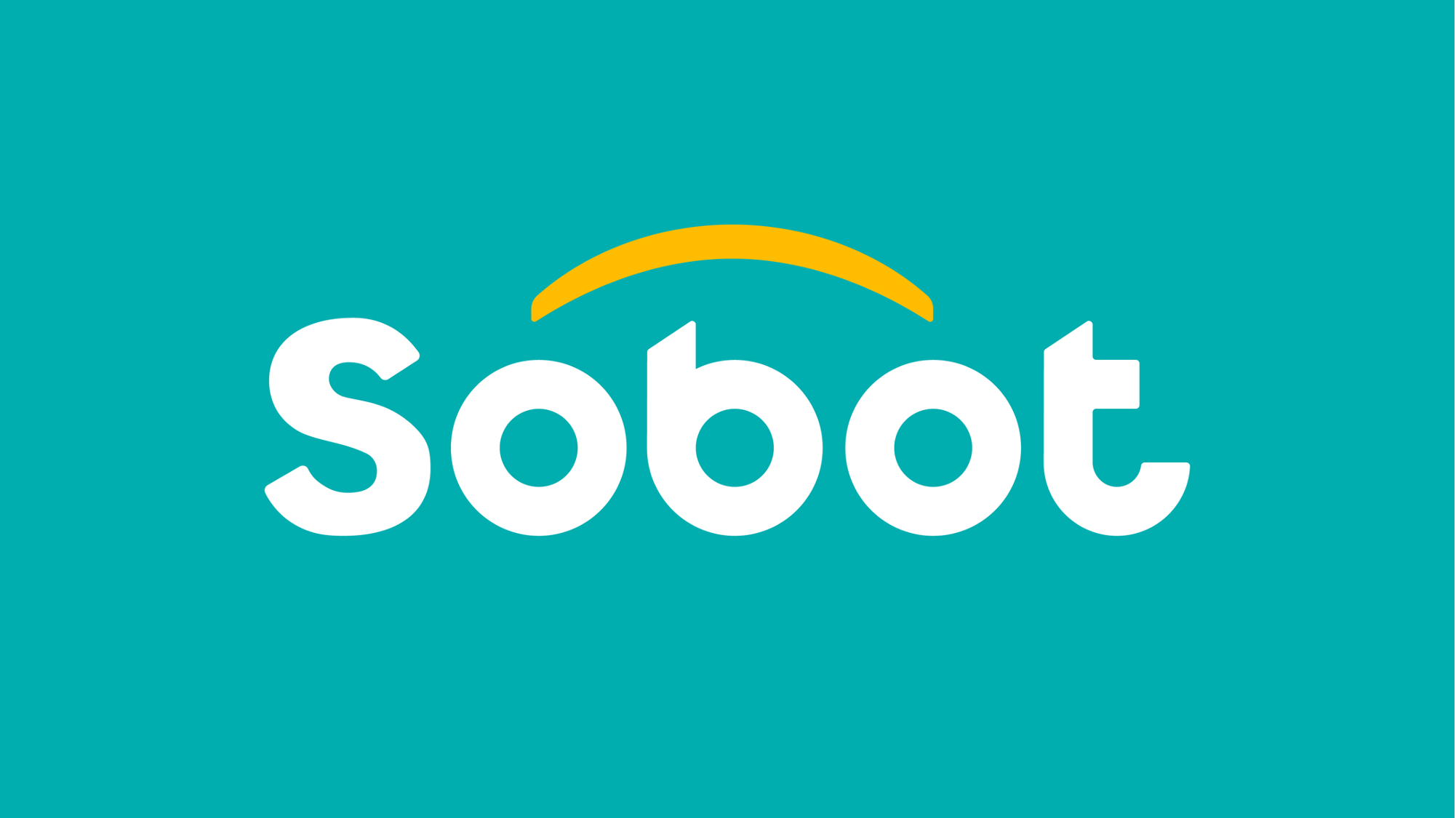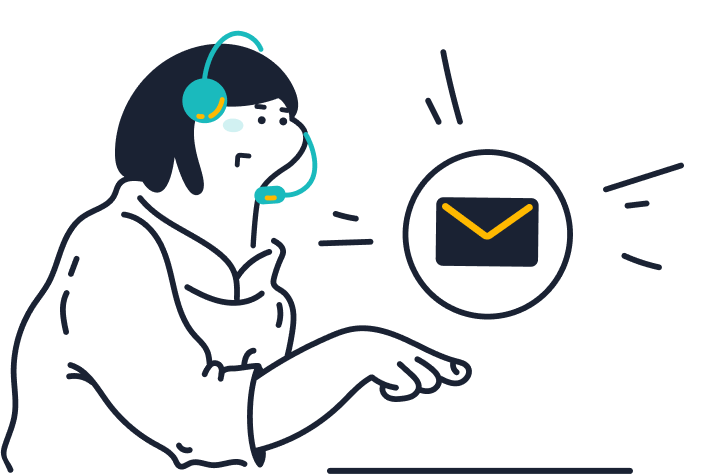Artificial intelligence has become a core part of modern technology, transforming how businesses, professionals, and consumers interact with digital systems. Among the various AI innovations, AI agents and generative AI have received significant attention. Many people ask: are AI agents generative AI? Understanding the relationship between these two technologies is key to leveraging AI effectively.
Understanding AI Agents
An AI agent is a software system designed to perform tasks autonomously or assist humans in decision-making. AI agents can range from simple chatbots to complex systems that manage workflows, recommend actions, or monitor environments. Their main purpose is to act intelligently on behalf of users, processing data and executing tasks with minimal human intervention.
AI agents are often implemented in customer service, healthcare, finance, and other industries to automate repetitive tasks, provide real-time insights, and enhance operational efficiency. They rely on a combination of machine learning, natural language processing, and decision-making algorithms to interact with data and users.
What is Generative AI
Generative AI refers to artificial intelligence systems that can create new content or data. This includes text, images, audio, video, and even code. Popular examples of generative AI include ChatGPT for text generation, DALL·E for images, and music-generating AI systems. These models use large datasets and advanced algorithms to produce outputs that mimic human creativity and reasoning.
Generative AI is highly versatile and is increasingly used in content creation, design, marketing, and entertainment. It can assist humans in generating ideas, producing drafts, or automating creative processes.
Are AI Agents Generative AI?
Not all AI agents are generative AI, but some AI agents incorporate generative AI capabilities. Traditional AI agents primarily focus on task execution, decision support, or automation. They follow rules, analyze data, and interact with users without necessarily generating new content.
On the other hand, AI agents that leverage generative AI can produce original content, answer questions creatively, and provide human-like interaction. For example, a chatbot powered by generative AI can draft emails, write product descriptions, or generate personalized responses. This combination allows AI agents to be more interactive and versatile, bridging the gap between automation and creativity.
Benefits of Generative AI Agents
Integrating generative AI into AI agents offers several advantages:
- Enhanced Communication: Agents can provide more natural and engaging conversations.
- Content Creation: Generative AI agents can produce marketing copy, reports, and documentation automatically.
- Personalization: These agents can generate customized responses or solutions based on user input.
- Efficiency: Automating both creative and operational tasks saves time and resources.

Conclusion
While AI agents and generative AI are distinct concepts, they can overlap when AI agents incorporate generative capabilities. Traditional AI agents focus on task execution and automation, whereas generative AI emphasizes creating new content. By combining these technologies, businesses can develop AI agents that not only operate efficiently but also provide innovative, human-like interaction. Understanding this distinction is essential for organizations looking to implement AI solutions that balance productivity, creativity, and user engagement.


